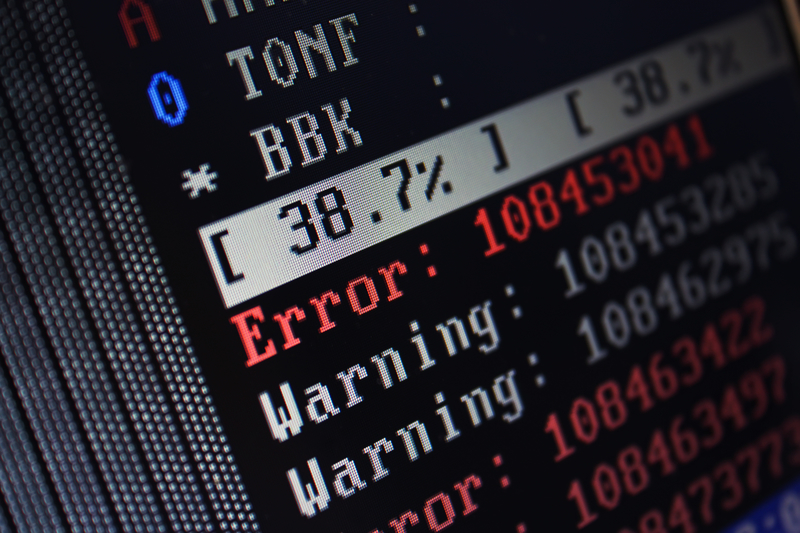Tag Archives: zsh
Running Pgbadger Automatically with Zsh
Here I present a simple script that queries the database for the log file locations and automatically chooses the one for yesterday. The trick here is to apply strftime to the log filename as configured in the database. This way, it doesn’t matter how complex the log file name is in the database, it’s alawys easy to guess. All this works as long as the system’s strftime and PostgreSQL’s log file escapes are equivalent; this should never be an issue.
There are some limits to the current script. It assumes log_directory is to be found within data_directory and is not an absolute path. It also assumes there are no strftime escape sequences in the directory names themselves. Fixing either or both of these is not hard if a more general script is needed. It is also hardcoded to choose the csv log file, but this is easy to change.
Finally it runs pgbadger on the log file from yesterday, and outputs html in the webserver’s directory. The assumption here is that PostgreSQL will write its log into a new file every day, possibly in a rotating sequence.
The script is mean to be called every day with cron.
#!/usr/local/bin/zsh
zmodload zsh/datetime
datadir=`/usr/local/bin/psql -A -t -q -w -c "show data_directory" ;`
logdir=`/usr/local/bin/psql -A -t -q -w -c "show log_directory" ;`
filename=`/usr/local/bin/psql -A -t -q -w -c "show log_filename" ;`
strftime -s log $datadir/$logdir/$filename $(( $epochtime[ 1 ] - 24 * 60 * 60 ))
/usr/local/bin/pgbadger -q -I -O /var/www/html/pgbadger/ -o index.html ${log:r}.csv
The Case of the Apparent NSS Memory Corruption
This is a story of my encounter with an apparent memory corruption issue in the Netscape Security Services library.
The source I’m discussing can be found on Github.

Usually, when I try to get acquainted with a new API, I start to write simple program, one API call by call, which I compile and run after each step.
Imagine my surprise, when after adding the following function call (the only thing I added)
PK11_FindKeyByAnyCert( certificate, passwd );
I got this memory corruption error.
dblfree(56630,0x7fff73f61300) malloc: *** error for object 0x7fd39250ce70: pointer being freed was not allocated *** set a breakpoint in malloc_error_break to debug zsh: abort ./dblfree
The above error is taken from my minimal example of the problem, not the actual program I was working on at the time. The only difference is the name of the binary and the hex numbers.
So what is happening here? I didn’t know. And to find out, it’s really important to use the right tool for the job.
So the first thing I did was to instrument my code with the built-in OS X tools, instruments(1). That didn’t tell me much; either because it doesn’t help in this particular instance, or that I just don’t know how to use it.
I will make a note that some people suggested Valgrind. I didn’t go that way because the problem seems to be adequately described with the Clang Address Sanitizer.
Continue reading The Case of the Apparent NSS Memory Corruption
